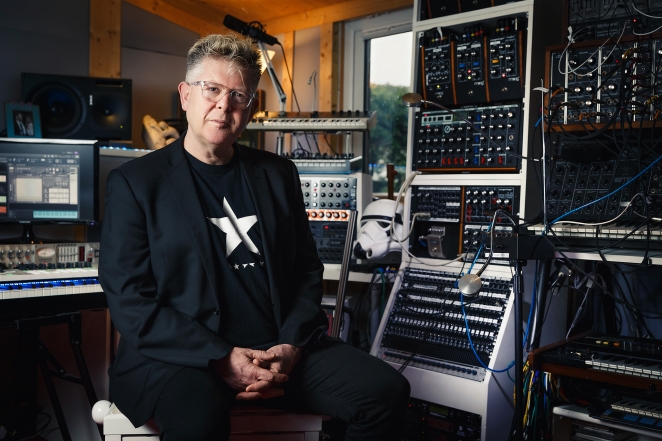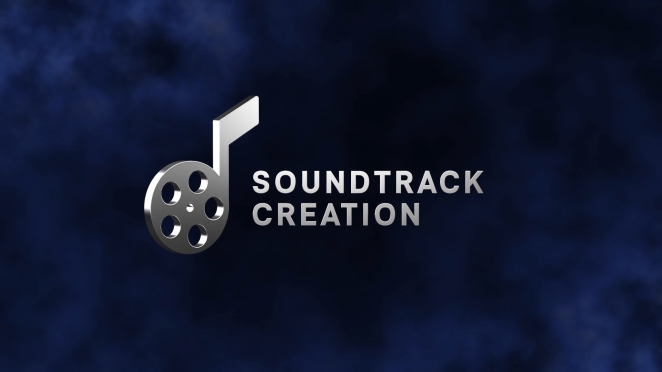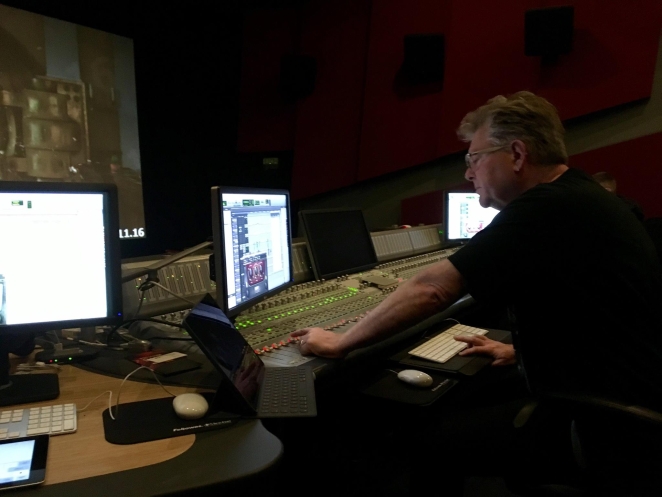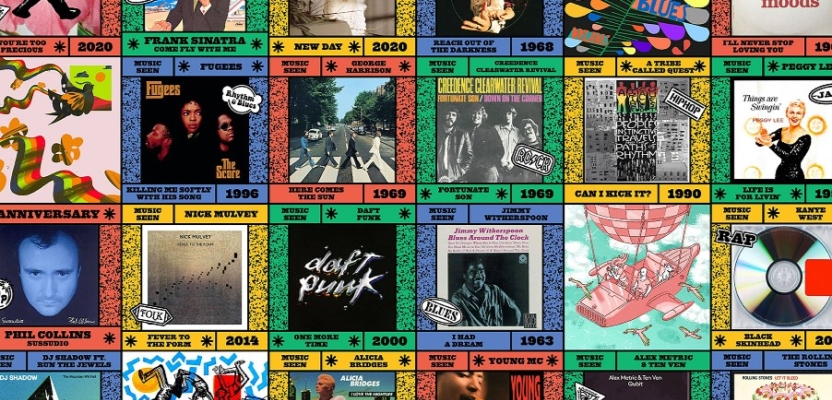Music licensing for ads is notoriously complicated. This is partially due to multiple layers of rights in any song. You have to consider where the music has come from, who wrote it and performed it , where it will end up, and if your license covers the right scope for use.
Music licensing is also impacted by other issues in the industry, tech moving too fast for the laws that were made pre streaming and digital music, tech not being correctly used for tracking usage and royalties, lack of transparency for rights holders etc.
This is not a new problem, and it means that both artists are missing out on royalties and visibility, and advertisers are wasting time and money – but it’s a necessary hoop to jump through. How can the process finally catch up with the demand? Sefi Carmel, CEO of Soundtrack Creation and new bitcoin powered music library Spheretrax, has the answers.

With the advent of new technologies, the world of music licensing is constantly evolving, and music creators and publishers alike must adapt to stay relevant. The need for quality music, however, will never change.
When a content creator needs music for their new ad, movie, or show, they’d generally love nothing more than to be able to look at the most popular songs of the moment and use it in their production. For those with the biggest pockets, that may well be possible, but more often than not this is simply too expensive. In such cases, content creators might hire a composer, or instead look for music in other places.
One way of syncing great music could be finding a cool track by an up-and-coming young band, in order to get a fresh, contemporary sound. In this way, music licensing can act as a great equaliser, providing unknown musicians with opportunities to have their music synced, and monetize their creations.
Another music licensing model that is particularly prevalent is royalty-free music. Sites like Audio Jungle, Pond 5, Epidemic Sound and many more offer music at a fraction of the price and can be used without paying any extra back-end royalties. This can be great for content creators on a budget, though can be a contentious subject among composers who feel it devalues music.
A library of sound
Thus we come to perhaps the most common way of licensing – music libraries. These differ from royalty-free libraries in that they have more standardized rates for syncing music and tend to collect their royalties through a Performing Rights Organsiation, with composers generally earning significantly more than they would with a royalty-free licence.
To stay competitive, libraries must find additional ways to differentiate themselves from their competition. For instance, the quality of the tracks should be exceptional, so you might want your composers to use as much live instrumentation as possible, so the music sounds authentic. Having composers with some known credits, or artists with a good fan following can also be good ways of attracting clientele to your library.
Music libraries have been around for a long time, and their biggest selling point is that they can offer their clients a huge amount of music in one place, saving them money and time, since they don’t have to go seeking out all the different rights holders. It’s a good system, but there’s certainly ways it could be made smoother. So, to imagine where the future of music licensing might take us, we should first start by thinking about some of the issues and limitations with the current model.
Slow and steady

For composers, music licensing can be a frustratingly slow process. Even once a content creator has chosen their track, they still have to wait for contracts to be signed and payments to be made to the publisher, and then they’ll still have to wait months more until their next accounting period before they actually see the money. Not exactly ideal.
So, what’s the solution? Well one answer lies in the power of blockchain, one of the 21st centuries most exciting new innovations. By licensing through the blockchain, creators can be paid instantly - tracks can be licensed, monies paid and distributed, all with the click of a button. This is just one way of empowering creators, which will be a key theme in the future of licensing.
Blockchain helps solve another big problem as well - visibility. Understandably, some content creators might not want to license a track that’s seen a lot of other use, but normally there’s no way of knowing where it might have been synced previously.
With blockchain, you have complete transparency on a track’s history, and can use this knowledge to decide if it’s right for you. By also including the option to buy the track outright as an NFT, you get the additional advantage of ensuring no-one else can use the same music as you.
A little help from AI
There are of course other ways technology can improve the music licensing experience. Searching music libraries can often be a slow, tedious process of trying to find the right track by searching with keywords. With AI, you could improve your search experience by having it intelligently narrow down thousands of tracks to find the one that fits your needs.
The SphereTrax model works in a similar way, offering a brand-new way of searching for music. You can select any number of different parameters, and then adjust slider levels for each one to let the AI know how much of that parameter you want. As you adjust the sliders, music will automatically be filtered to match your specifications, instantly narrowing in on exactly what you want.
The engine will also allow users to preview their video with music on the site, so clients can quickly see how a track works with the picture. This could save untold hours for content creators who previously had to download each track, then import it into their project to test how it worked. Integrating this feature seamlessly into the licensing process is a big step forward in making things as simple as possible for creators.

The future of music licensing is all about efficiency. Streamlining the relatively clunky process into something simpler and faster, so that content creators can spend more time on actually creating content, and less time worrying about licensing. These competitive new models will soon begin populating the industry, and existing libraries will be forced to adapt, or be left behind.






